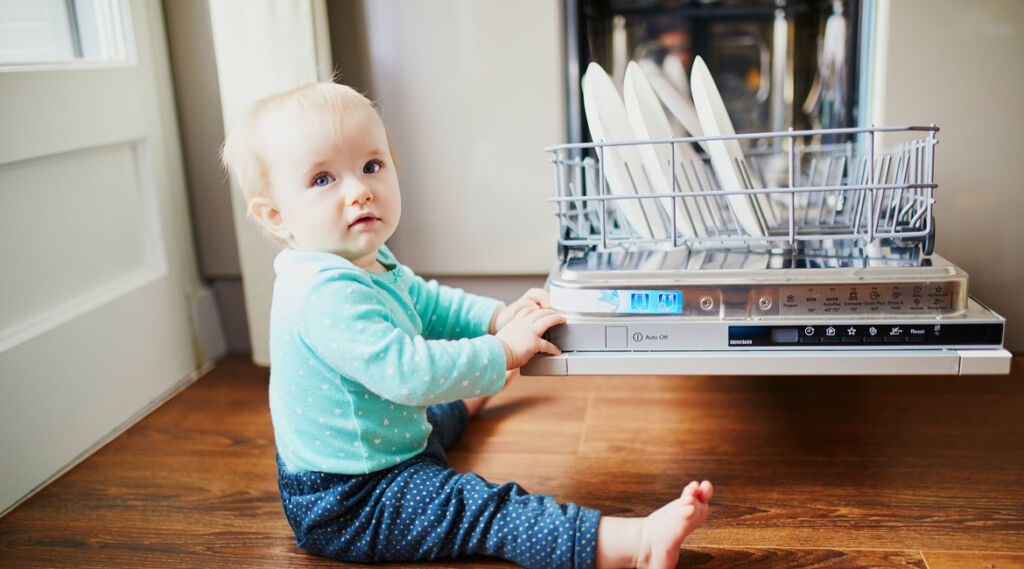Thirty-two minutes. That’s not a lot of time, is it? Would you believe a recent study commissioned by The Munchery.com, a meal delivery turned recipe service, showed that “full-time working parents” have only 32 minutes to themselves daily? This leaves little time for creativity and spontaneity and is unhealthy for family life and mental health. The amount of “me time” a working parent gets has dropped dramatically in the past 50 years.
How Did We Get Here?
The New York Times recently interviewed several pairs of working grandmothers and mothers about their views on being a working mother. The older generation, who raised their children in the 1980s, held firm beliefs about their role in their children’s lives. “My role was not to entertain them; my role was to love them and discipline them,” said one mother, 72, who had done most of her parenting in the 1980s. By contrast, her 52-year-old daughter answered, “There’s this sense that something is wrong with you if you are not with your child every second of every day.” She did her mothering post-2000.

And therein lies the problem. Current working parents need to be more involved with their children’s day-to-day lives, or something is wrong. In contrast, the older generation felt everything was alright when they avoided everyday interactions.
How Can We Fix This?
When adults become parents, we give up much of our free time. There is no way around that. But, we do not cease to be our own person, and losing yourself is easy if you are not paying attention. Remember your interests? Goals? Dreams? They don’t have to disappear. Time needs to be managed more efficiently, and not all minutes are equally crucial to the developing child. The balancing act is difficult but not impossible. With a little effort, understanding, and flexibility, no one needs to hide in the bathroom to get alone time anymore.
Child psychologists have identified the most important thirty minutes of the day for a preschool and school-aged child: the fifteen minutes immediately following the arrival home from school and the fifteen minutes directly before bed. Think about quality over quantity at these times. Make the most of these two 15-minute periods and give your child or children 100% of your attention. Put down your phone. Turn off the computer and television. Ask open-ended questions about your child’s day and listen closely to the answers. Ask follow-up questions. Before bed, ask your child about tomorrow’s day. Are there particular activities going on at school? Does s/he need a special lunch or snack? Is there anything on your child’s mind they want to talk about before bed? This one-on-one attention is more beneficial than sitting in the same room with your child for hours but being distracted by your phone, work, or chores.
Can I Keep My Family Happy and Myself Sane?
In addition to the 15/15 Minute Attention Time explained above, other time management tips can help working parents grab extra couple or alone time.
- Splurge on a babysitter when you can and have a meal or a coffee together.
- Go by yourself for a walk in the sunshine – and then allow your partner time to do the same.
- Use some alone time to re-connect with friends by phone and talk about non-family and non-work topics.
- Choose one night a week when the kids have to be in their rooms half an hour earlier, so the grown-ups can watch a TV show or movie at home they have wanted to see.
Conclusion
You can use time management tips to improve your well-being at home. Every adult also needs to be happy as a person and partner before s/he can be the best parent possible. Happy parents make a happy family!



